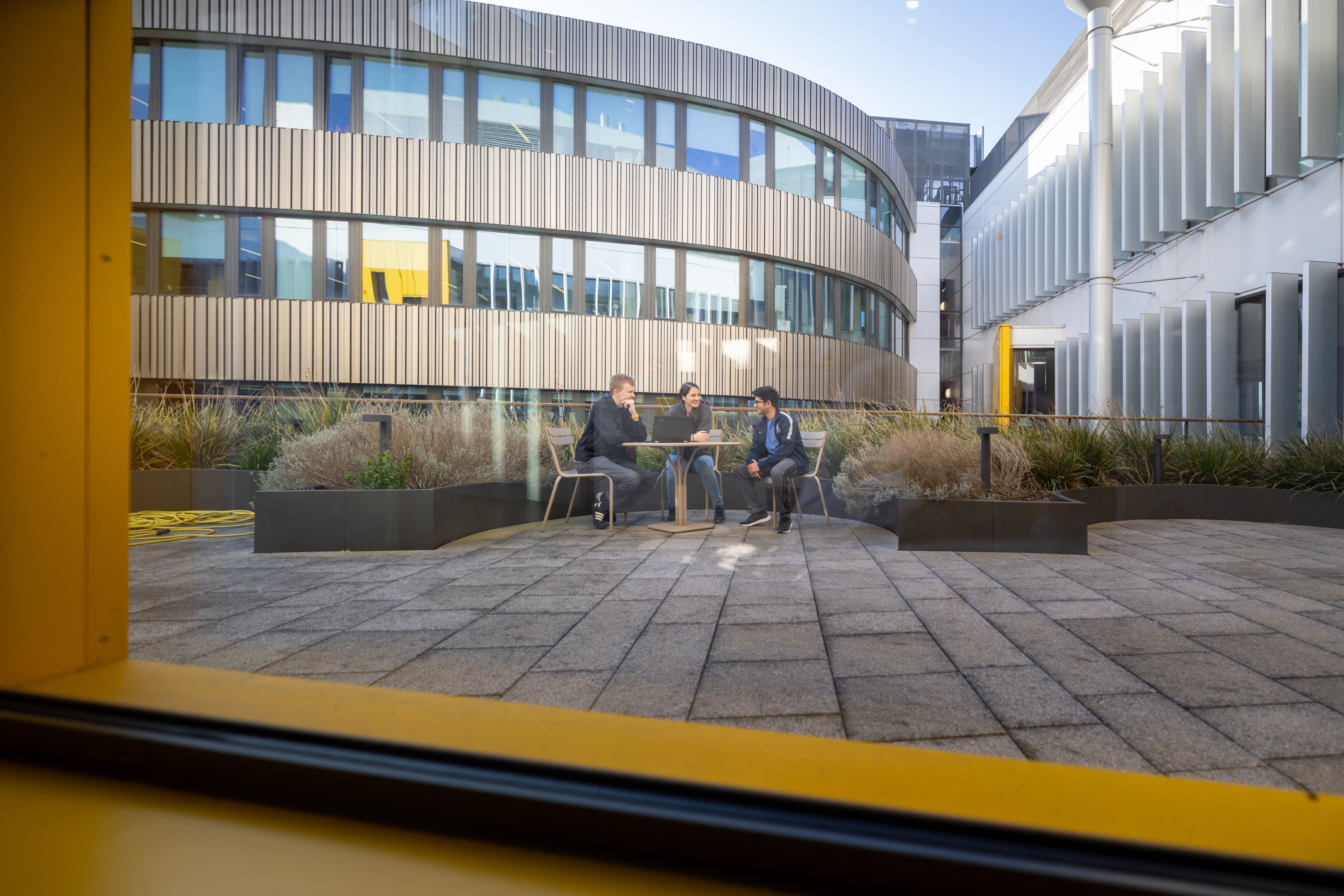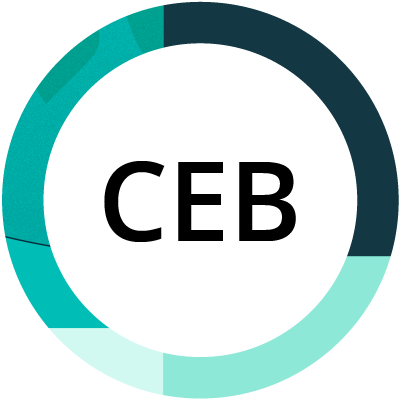Department tops rankings
CEB ranked best in the UK in 2025 Sunday Times University Guide

In the competitive world of higher education, Cambridge’s Department of Chemical Engineering and Biotechnology (CEB) has once again proven its excellence, earning the number one spot in the Sunday Times Good University Guide 2025, released today.
Following closely on its success in the Guardian University Guide 2025, where it also ranked first, CEB continues to lead the way in both teaching and research, solidifying its reputation as a powerhouse in its field.
With its forward-thinking approach to research and innovation, the department is making waves in critical areas such as healthcare and sustainability. From pioneering medical diagnostics to advancing clean energy solutions, CEB’s work is addressing some of the world’s most urgent challenges. The department's research is not only reshaping industries and improving lives worldwide, it is also enriching the knowledge shared with undergraduates.
Professor Clemens Kaminski, Head of the Department, attributes this continued success to the passion and collaboration that define CEB.
He said: “These rankings reflect the hard work of our staff and students. Our research is driven by a desire to solve real-world problems, and our teaching reflects this. It’s incredibly rewarding to see our commitment recognised in both the Sunday Times and Guardian rankings.”
Beyond chemical engineering and biotechnology, the university’s School of Biological Sciences achieved the top ranking in the Times Guide, while general engineering was also ranked top in the Guardian Guide, further emphasising Cambridge's strengths in the science and engineering disciplines.
The University of Cambridge as a whole has maintained a consistent presence in the top five UK universities, and was once again ranked in the top five, as it continues to build on its reputation as one of the world’s leading academic institutions.
For students and researchers alike, CEB offers a unique environment where academic rigour meets real-world impact, providing the opportunity to work on projects that push the boundaries of knowledge and have far-reaching societal benefits.

